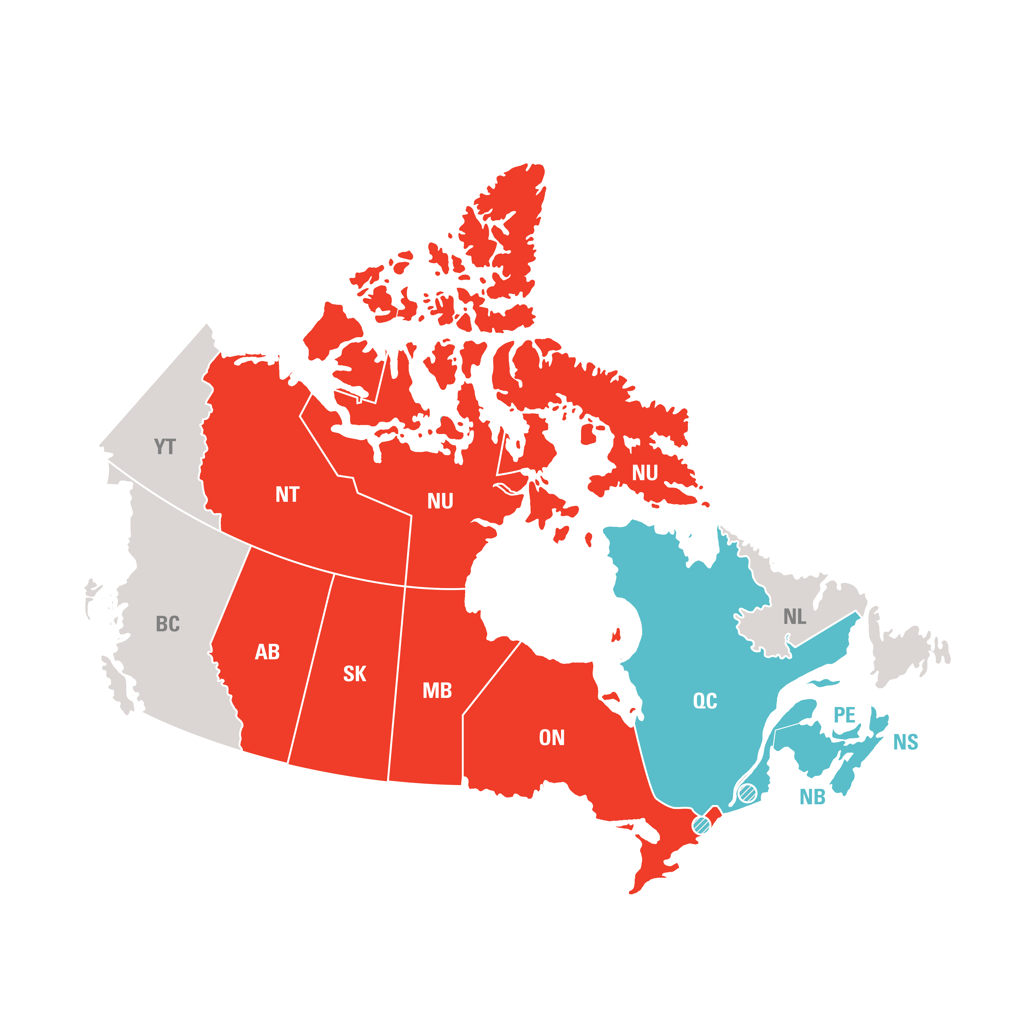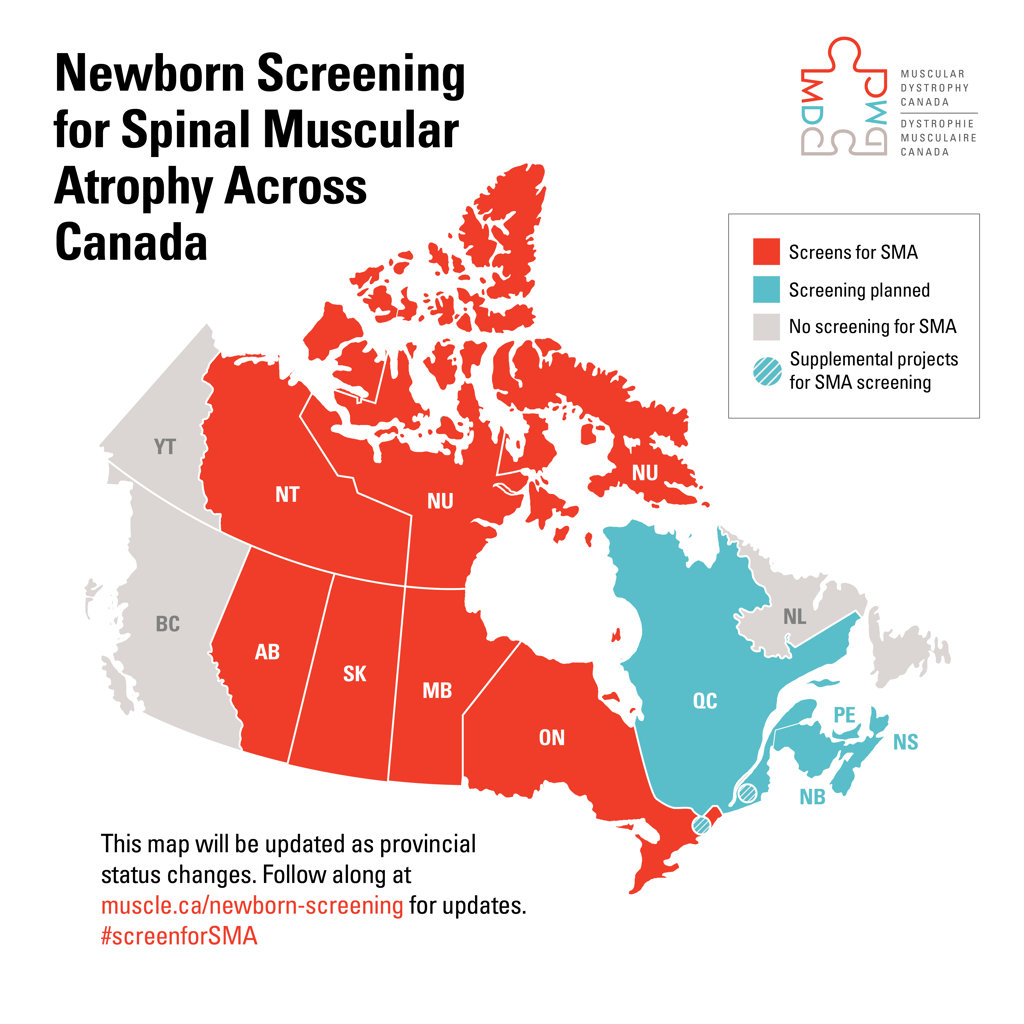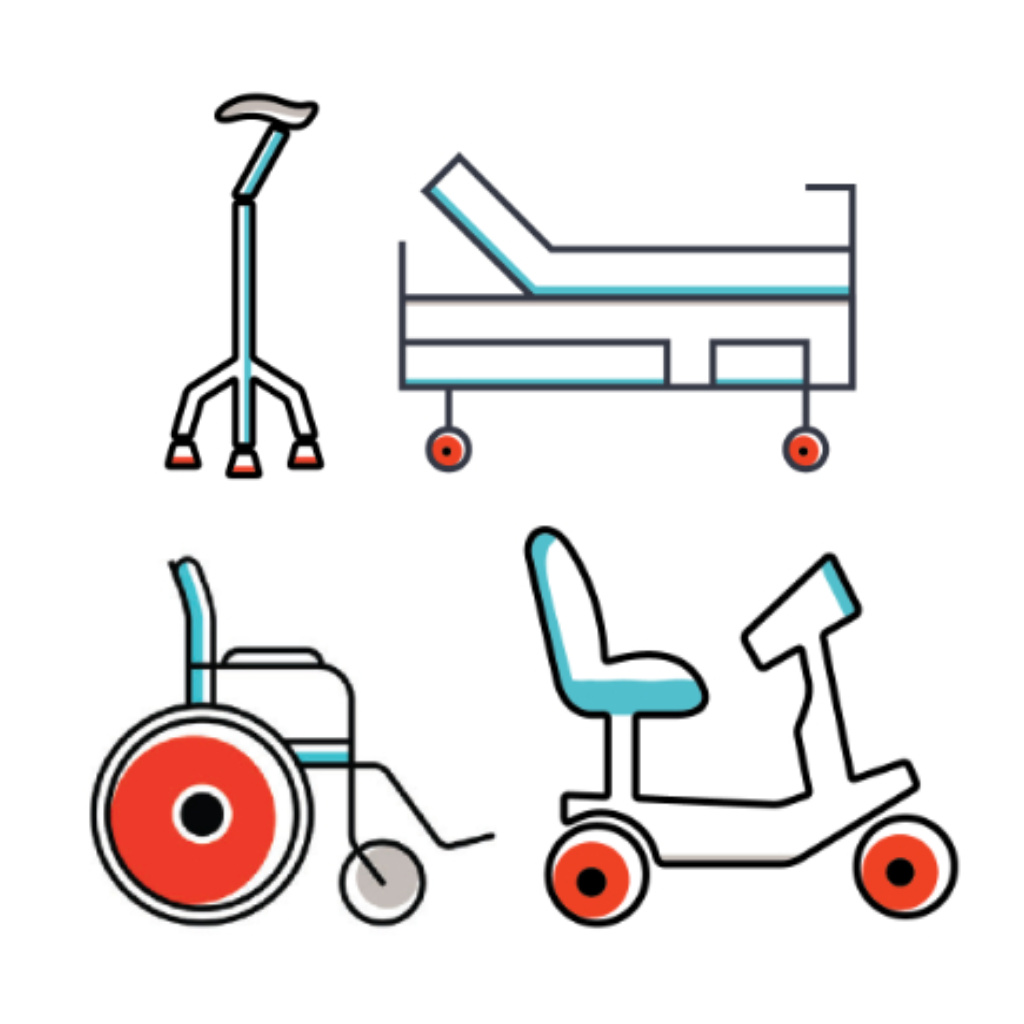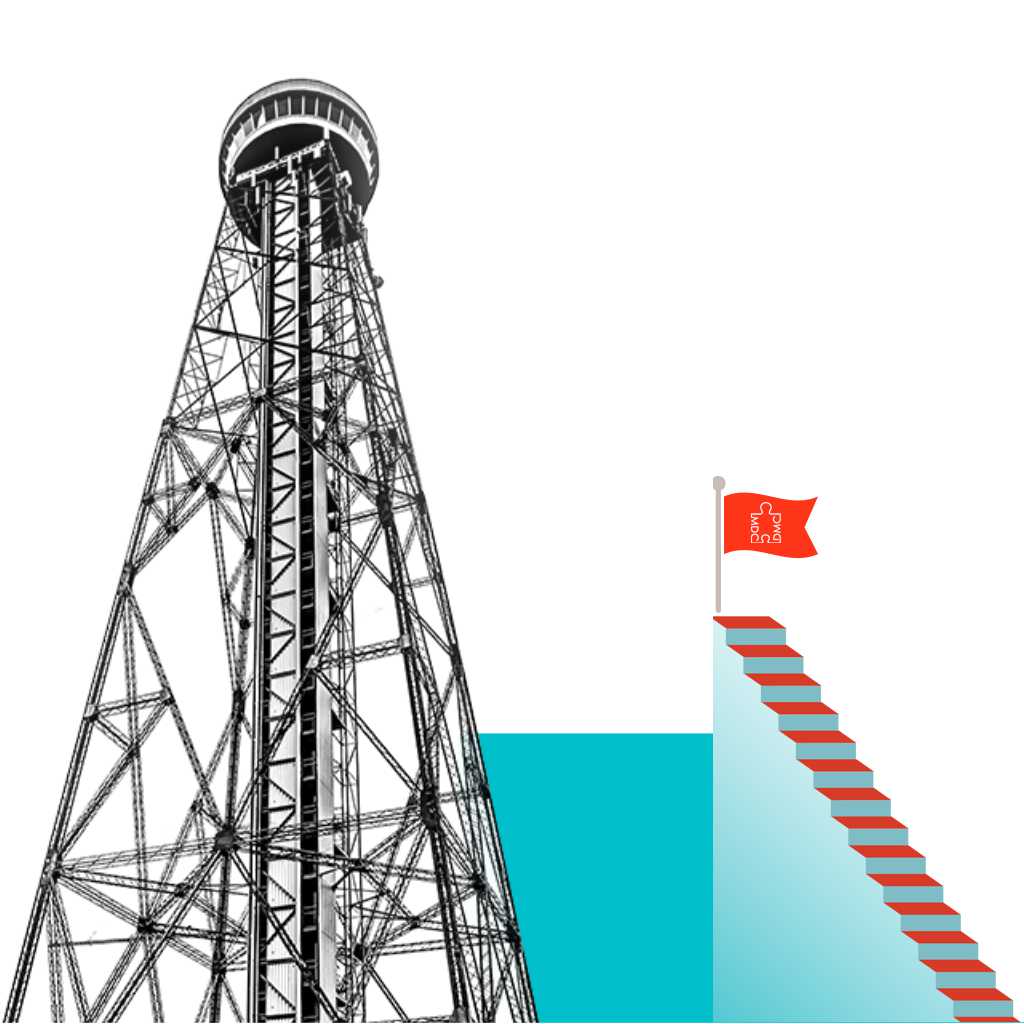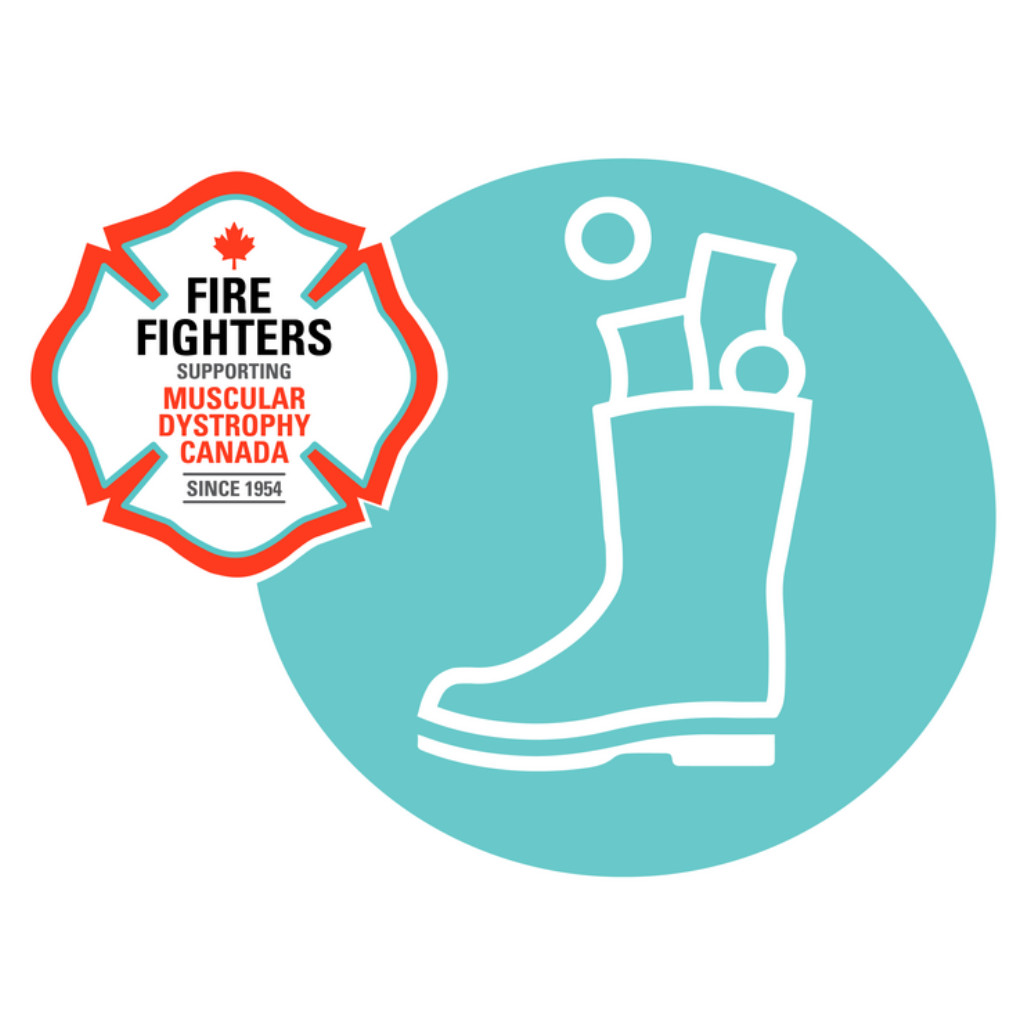Canadians affected by facioscapulohumeral muscular dystrophy (FSHD) could face substantial delays in accessing clinical trials and any Health Canada approved life-changing treatments and therapies when they become available. Muscular Dystrophy Canada (MDC) is working with the Canadian Neuromuscular Disease Registry (CNDR) and the Neuromuscular Disease Network for Canada (NMD4C) to help prevent that from happening.
“Studies show that Canadians have less frequent and timely access to therapies for rare diseases, like FSHD; that very few therapies approved elsewhere in the world are even submitted to Health Canada for regulatory approval; and, that if treatment is approved there is a vast difference in who has access across the provinces and we are working hard to change this,” said Stacey Lintern, CEO, Muscular Dystrophy Canada.
There are more than a dozen FSHD therapies currently in development. The work that MDC is leading will help introduce a patient registry and collect information to build a Canada-wide core dataset for FSHD to speed up development, approval and access to treatments regardless of where a person lives in Canada.
“We know from our experience with spinal muscular atrophy therapies that our government requires Canadian data when reviewing a treatment. With this FSHD dataset and registry, MDC wants to get out ahead of the treatments being developed and address the challenges and barriers to access so that Canadians can access treatments as soon as possible. We’re also hopeful more biopharmaceutical companies will establish sites, and conduct clinical trials in Canada,” added Lintern.
“The CNDR is dedicated to working in close partnership with Muscular Dystrophy Canada and NMD4C to promote opportunities to participate in cutting-edge clinical trials for patients affected by FSHD but to also collect data towards ensuring access to future therapies once approved,” said Dr Lawrence Korngut, National Principal Investigator and neurologist at the University of Calgary.
“Enabling Canadians living with FSHD to register in a single national system allows them to signal their interest in participating in clinical trials, provide the essential Canadian baseline data that the regulators want to see, and be contacted when new treatments become available,” said Dr Hanns Lochmüller, NMD4C Investigator and FSHD clinical trialist.
By engaging partners, MDC is committed to breaking down barriers that prevent Canadians from accessing life-changing treatments, not just for FSHD, but for all neuromuscular disorders and investigating additional opportunities that would benefit our community.
Would you like to help determine what is included in the FSHD dataset and share your Canadian experience? Join us for a virtual roundtable by emailing research@muscle.ca

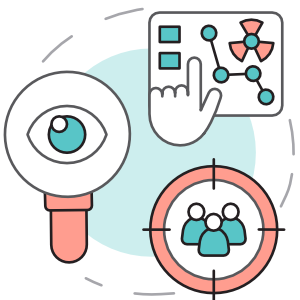
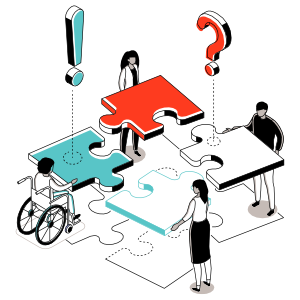

 “As a Service Specialist I am able to work directly with clients and their families to support them in achieving a wide range of goals and navigation of the healthcare system. When we are able to provide funding towards an essential piece of equipment, we are not only supporting our clients with the financial strain that accompanies living with a neuromuscular disorder, but we are also providing hope for the possibilities of what they will accomplish with this equipment. Being able to provide this kind of support and making positive connections with our families truly is my favorite part about working at MDC.”
“As a Service Specialist I am able to work directly with clients and their families to support them in achieving a wide range of goals and navigation of the healthcare system. When we are able to provide funding towards an essential piece of equipment, we are not only supporting our clients with the financial strain that accompanies living with a neuromuscular disorder, but we are also providing hope for the possibilities of what they will accomplish with this equipment. Being able to provide this kind of support and making positive connections with our families truly is my favorite part about working at MDC.”